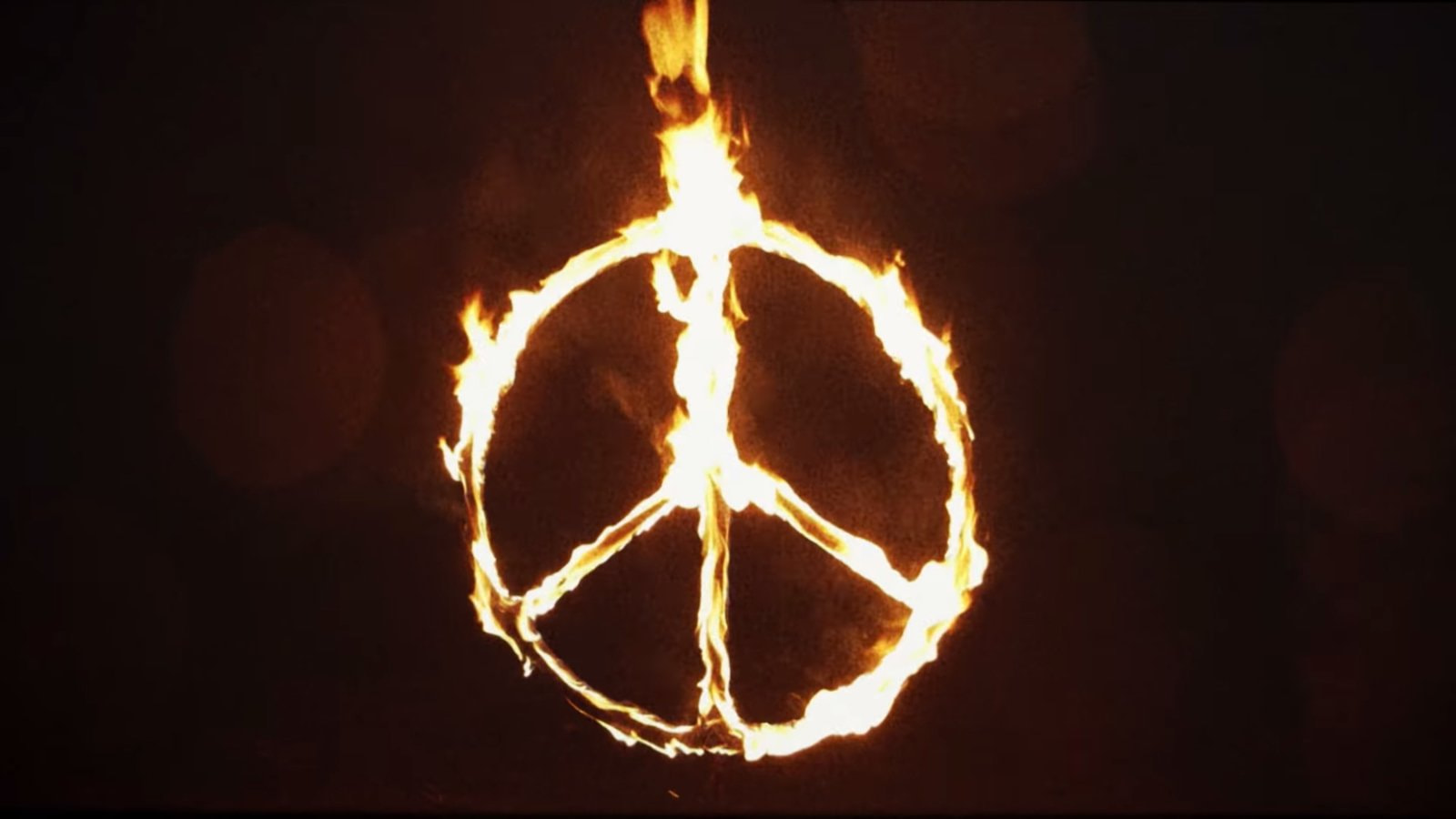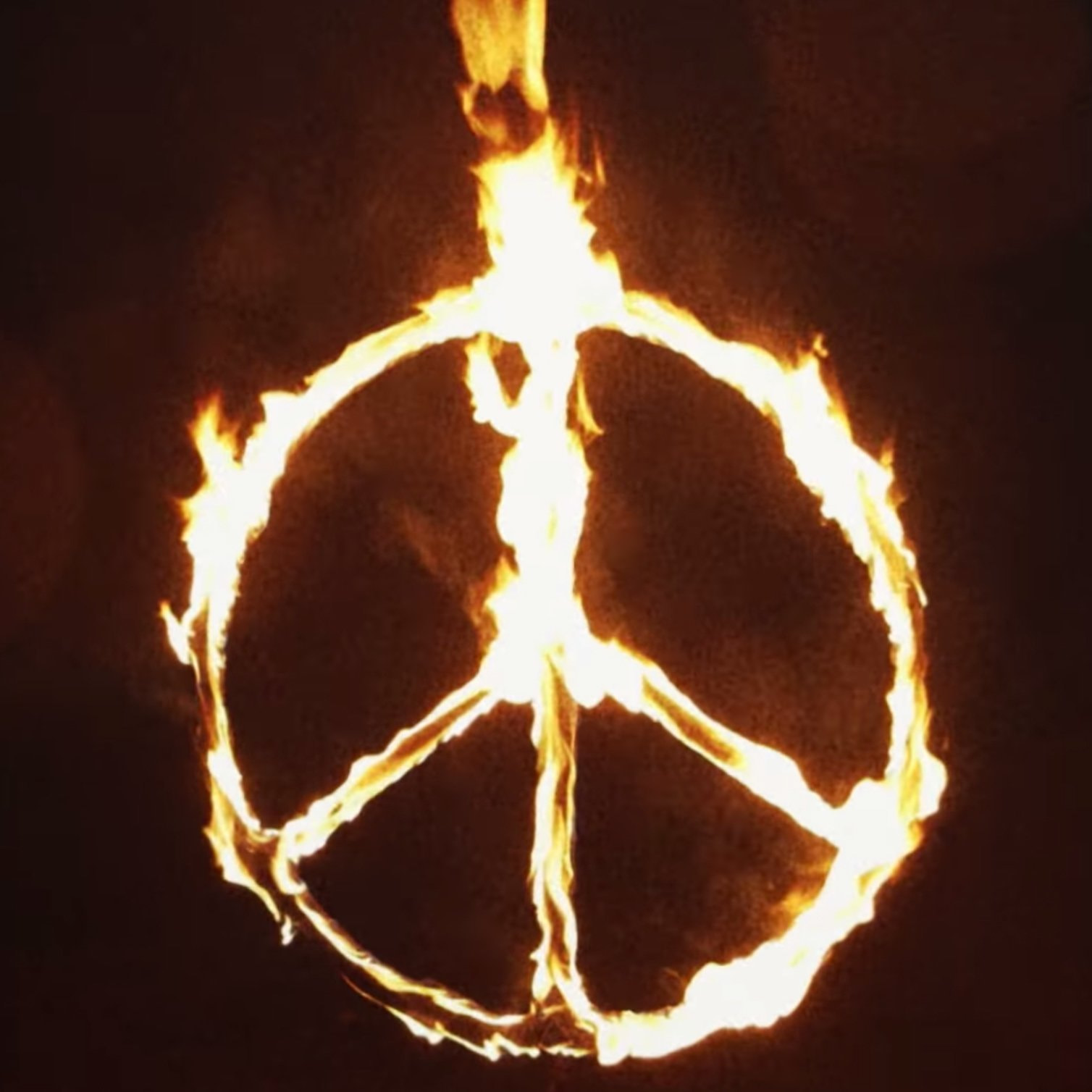In the Soviet Union, a colourful crowd of artists, musicians, freaks, vagabonds, and other long-haired dropouts created their own system, which connected those who believed in peace, love, and freedom.
More than forty years later, a group of eccentric hippies from Estonia take a road trip to Moscow where the hippies still gather annually on June 1 for a celebration that is related to the tragic event in 1971, when thousands of Soviet hippies were arrested by the KGB. The journey through time and dimensions goes deep into the psychedelic underground world in which these people strived for freedom.
Soviet Hippies (2017) is an insightful journey about the hippie movement in the Soviet Union by Estonian writer and director Terje Toomistu. The film, which was produced in Estonia in collaboration with Germany and Finland, reveals unseen archives, rocking music from the Soviet underground, psychedelic animations, and, of course, the historical story of the little-known movement.
The film has been circulating at nearly thirty film festivals globally for the past couple of years, winning several awards and mentions.
The film is part of public program Sekretiki: Digging Up Soviet Underground Culture, 1966–1985 taking place at Garage Museum of Contemporary art.

